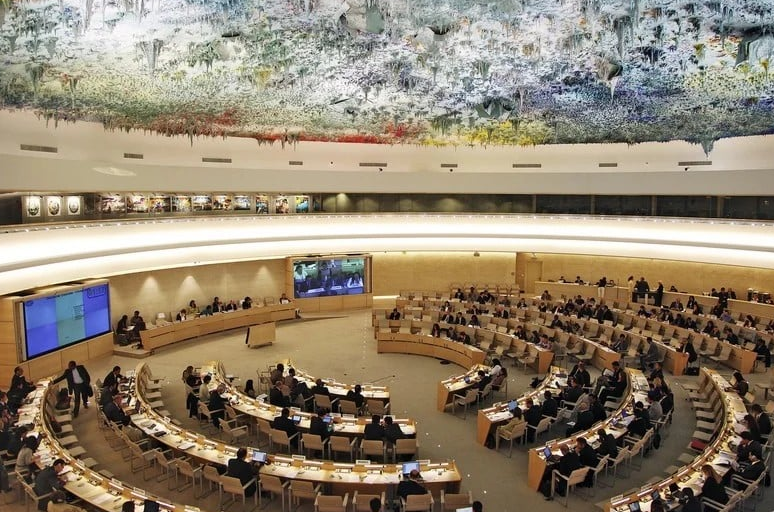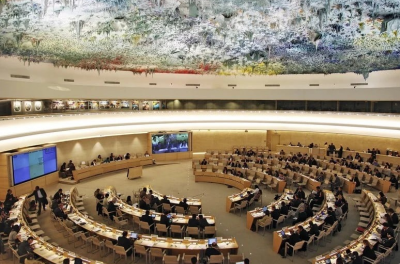A dispute is intensifying between South Africa and Morocco regarding the presidency of the United Nations Human Rights Council ahead of a scheduled vote tomorrow, Wednesday. South Africa claims that Morocco has committed violations in Western Sahara and lacks credibility to lead the council. This marks only the second time in the 17-year history of the Human Rights Council that the council will begin the year without a president, and the issue will be put to a secret ballot.
This public disagreement is rare within the African group, which is expected to take turns leading the 47-member council and typically seeks to make decisions as a bloc. Diplomats have noted that the closeness of the votes makes it difficult to determine the annual presidency, which is a prestigious but often symbolic position that helps enhance the political careers of ambassadors.
Morocco claims sovereignty over Western Sahara, which the Algeria-backed Polisario Front seeks to gain independence. Morocco has denied accusations of committing human rights violations against its opponents there. As part of a broader strategy, Morocco has reached out to countries, including its African neighbors, to rally support for its policies in the territories formerly under Spanish control. However, Rabat has failed to win the backing of South Africa, which helped organize a pro-self-determination event for the Sahrawi people in Geneva last year.
Mxolisi Nkosi, South Africa's ambassador to the United Nations, told Reuters that South Africa's record in overcoming apartheid and its reputation as a builder of bridges makes it a strong candidate. In contrast, he stated that Morocco is "the opposite of what the council represents." He added, "For a country facing all these challenges and aspiring to be the face of the Human Rights Council, if elected, God forbid, it would undermine any legitimacy that this council has."
The Moroccan diplomatic mission to the United Nations has not responded to requests for comment. Supporters of its candidate, Omar Zeniber, claim he has received the backing of the African Union. The council meets several times a year in Geneva and is the only global intergovernmental body that protects human rights worldwide, capable of scrutinizing human rights records in countries and allowing for investigations to be conducted.




